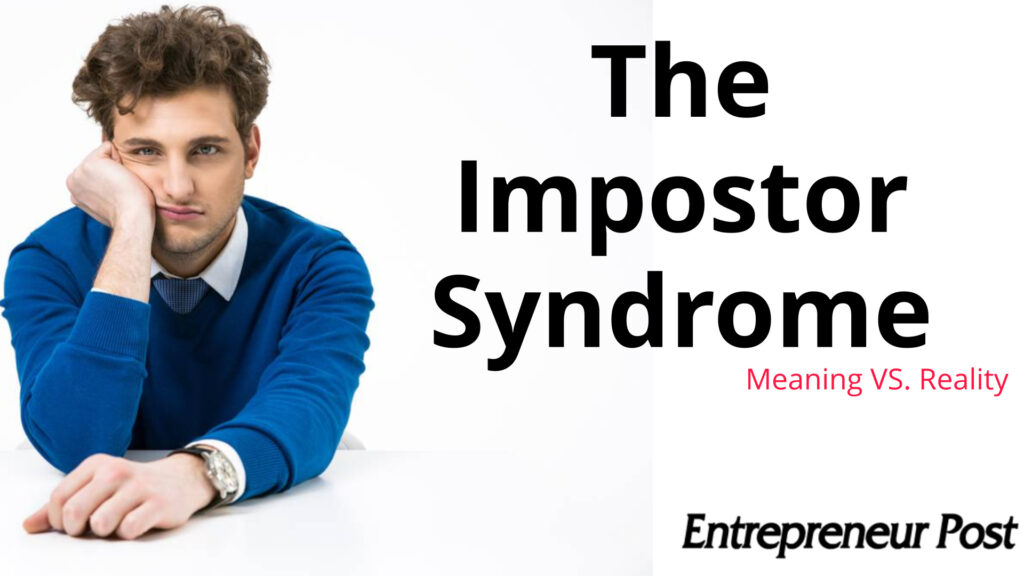There is a term you might encounter from time to time, in articles about successful people, “the impostor syndrome“. What does impostor syndrome mean exactly? To start let’s distinguish the Impostor syndrome, from actual impostors.
Definition of impostor syndrome.
I’ll start by quoting wikipedia before trying to simplify and criticize the term.
Impostor syndrome is a psychological occurrence in which an individual doubts their skills, talents, or accomplishments and has a persistent internalized fear of being exposed as a fraud.
Despite external evidence of their competence, those experiencing this phenomenon do not believe they deserve their success or luck. They may incorrectly attribute it to the Matthew effect, or they may think that they are deceiving others because they feel as if they are not as intelligent as they outwardly portray themselves to be.
A simple explanation. The impostor syndrome is when an individual does not believe he/she deserves the success achieved.
Reality …
Luck plays a huge rule in success. For most of us, it is a lot of struggle and hustle before catching a lucky break. But for some people the lucky break(s) manifest very early on, and hence making them feel that their success was like cheating.
To give an example, Emma Watson, the Harry Potter actress, admitted experiencing the impostor syndrome. Emma, got a main role in a hugely successful film series when she was a child. She was 10 when she shot her first harry potter movie, and the rest was history. Any other girl actor in her role, most likely would have achieved her success. Hence the feeling that “i was just lucky” triggers the impostor syndrome. But in all honesty, this would apply to all child actors. Their success is mostly due to luck when compared with older actors.
Another domain, where the term appears a lot, is in technology. Tech founders (often none-technical founders) express having the impostor syndrome. And here again, the issue is quite clear. These founders are not smarter nor have better ideas than the rest of the world, they just get funded, while others don’t. If you add to this the non-tech founders criteria, it make sense to feel like a fraud.
Impostor syndrome is often your inner brain calling out your unfair advantage.
I do not care how psychotherapists classify it, or think they should describe it. Achieving success is very very hard, and absolutely no one that have gone through the traditional road to success, would even have the slightest doubt about his worthiness. In my opinion, if you feel like an impostor it means that your brain is pointing out to how chance and unfairness played a role in your success.
– If you are born rich, and had the success easily delivered to you. That’s unfair advantage.
– If you are getting opportunities because of gender/racial/sexual quotas. That’s unfair advantage.
– If you accepted sexuality or flirting, even in the slightest way, to have a deal, to get a promotion or anything leading to success or to further your career. That’s unfair advantage.
– If you relied on your family, friends or connections to get roles, jobs, positions, exposure or promotion. That’s unfair advantage.
What is the opposite of impostor syndrome?
It is believed that Dunning–Kruger effect is the opposite of impostor syndrome. In my opinion this should not be the case.
Impostor syndrome is: people feeling that they do not deserve the success they got.
The Dunning-Kruger effect is when a person lack knowledge and skills in a certain area but overestimate their own competence.
In my opinion, the opposite of impostor syndrome, should be: people feeling that they are not getting the success they deserve.
Thus to sum it up, the opposite of impostor syndrome is simply disappointment in life… AKA the reality for the 99% of the human population.
